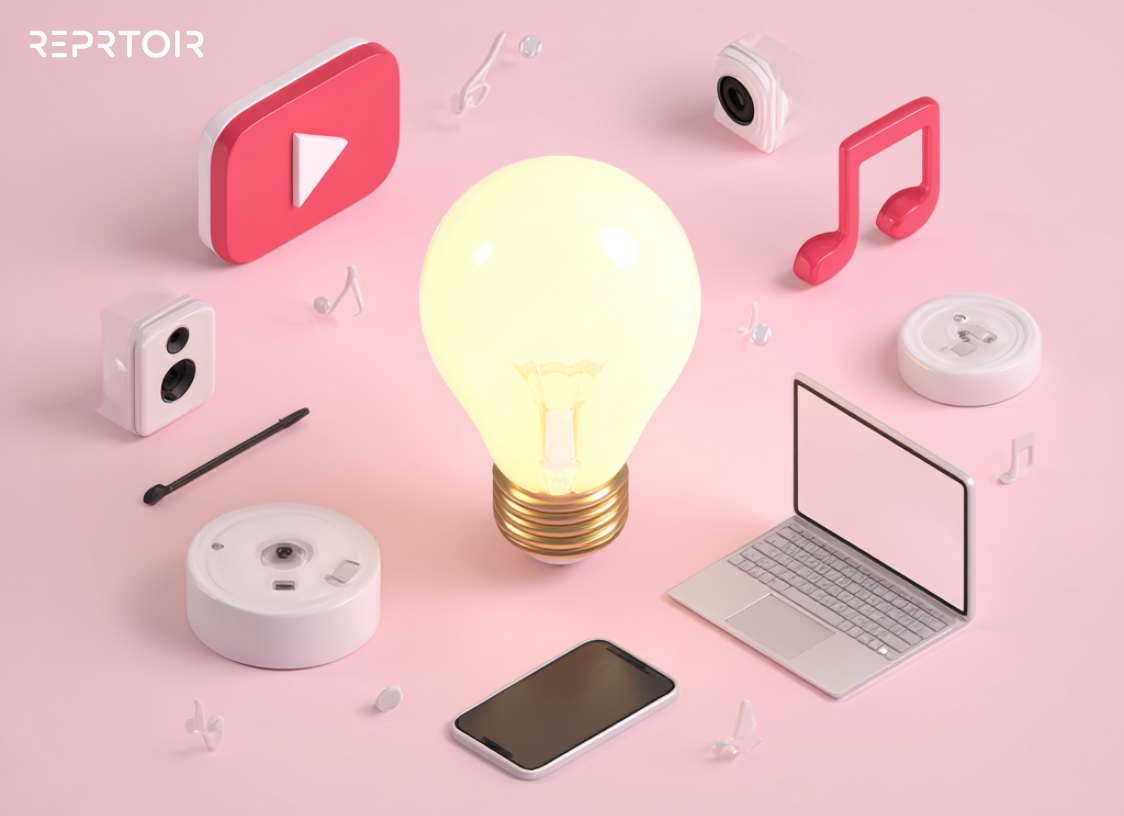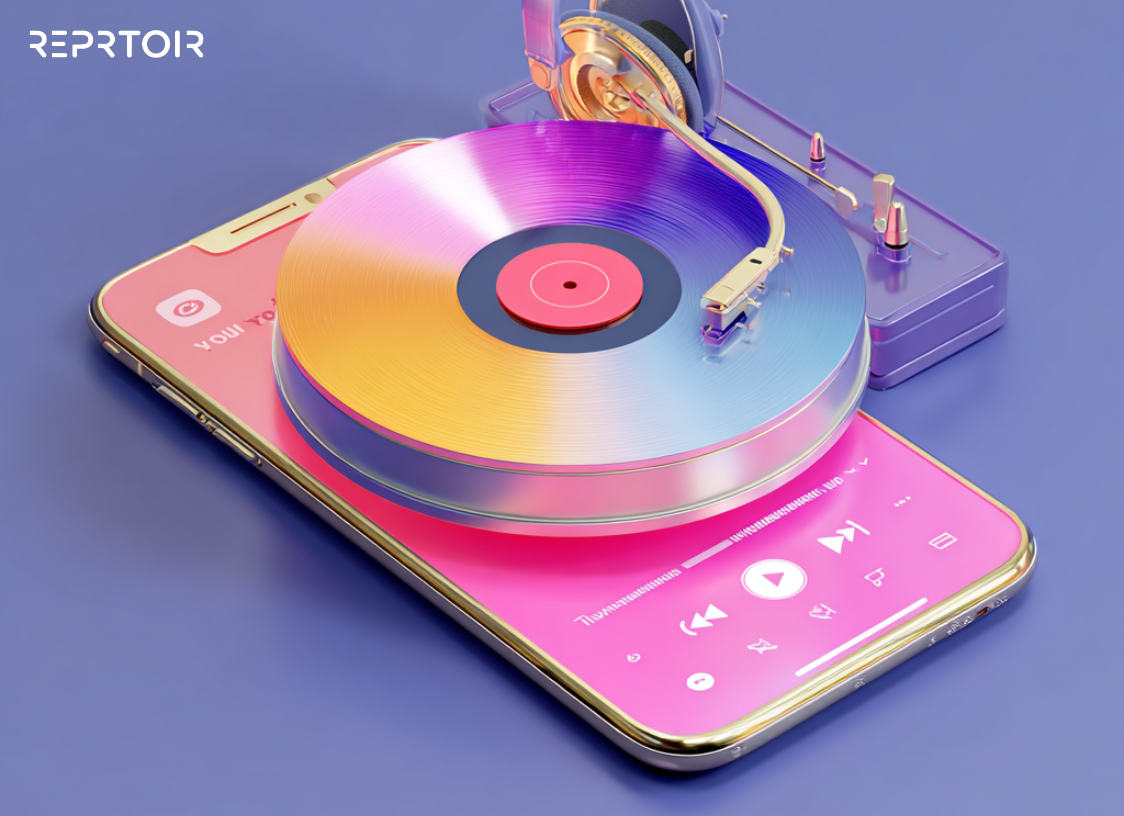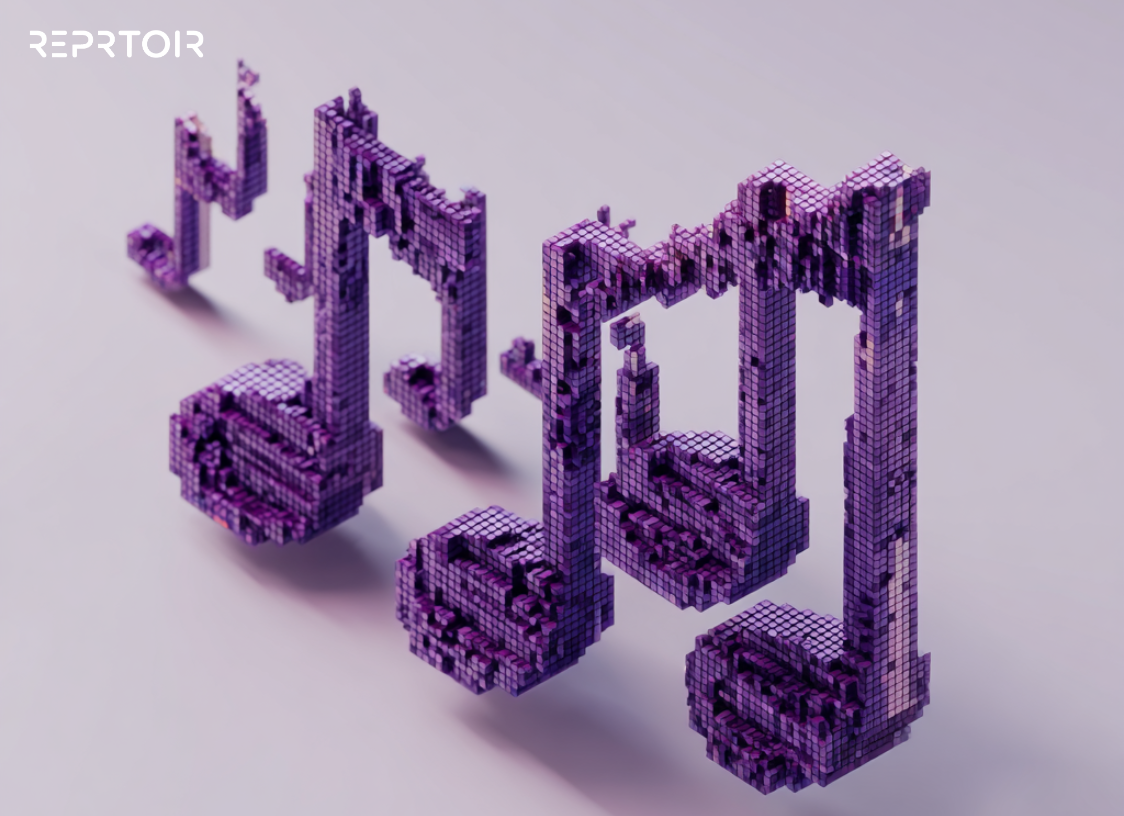This week, artists are in the spotlight! They're at the heart of music production and deserve more attention, especially with the arrival of AI… So let’s see what they say:
#1. EU artists' Spotify revenues triple in six years
Spotify's EU-focused Loud & Clear report shows that European artists generated nearly €1.5 billion in royalties in 2023, a 16% increase on the previous year and a threefold increase on 2017. Listeners' tastes are becoming increasingly local, with 44% of royalties in the EU going to European artists, the highest percentage since 2017.
Overall, European artists were discovered 28 billion times by new listeners, and 50,000 artists were added to editorial playlists in 2023. The increase in revenues reflects a "glocalization" trend where local music is becoming increasingly popular in globalized markets. For example, in Germany, France and Italy, local artists will dominate over 80% of top streams in 2023.
Indeed, according to Spotify figures, European artists are increasingly visible on their platform, and a shift in listener preferences towards more local content.
#2. Twitch lets DJs legally stream live music
Live-streaming platform Twitch has announced ground-breaking agreements with the three Majors as well as numerous independent labels via Merlin. These agreements will enable DJs to legally stream music to their live shows on Twitch.
Indeed, since 2020, the number of DJs on Twitch has quadrupled, with over 15,000 DJs creating and monetizing fan communities. The new program, due later this year, will offer promotional opportunities on and off Twitch, including homepage placements and exclusive DJ sponsorships.
This initiative marks an important step towards creating a safe and legal environment for DJs on Twitch, while opening up new avenues of monetization and promotion for artists and music creators.
#3. Redefinition of success in the music industry
Music streaming has not only transformed music consumption patterns, it has also redefined the notion of success for artists, journalists and music critics. Traditionally, success was measured by album sales, chart rankings and radio airplay. Today, these criteria are being supplemented, if not replaced, by indicators based on streaming data.
Indeed, by 2023, although more and more artists are looking to establish themselves in the music industry, less than 5% of them have secured contracts with labels. The need for labels to generate a rapid return on investment drives artists to constantly produce and promote new music. This pressure and frenetic pace can hamper artists' ability to focus on their artistic development and achieve their own creative goals. This is why 95.5% of artists choose to work independently, using distributors or artist platforms to distribute their music, and why only 6% of artists consider major labels to be ideal partners.
This shift reflects a transformation in the perception of what constitutes success in today's music industry. Artists are looking for modern partners, adapted to the contemporary music landscape, rather than traditional structures focused on short-term, statistics-based objectives.
#4. The story of Drake and AI
Drake has navigated a complex relationship with GenAI, illustrating both the opportunities and challenges of this technology for artists. His early negative experiences, such as with AI music generator Drake and the ghostwriter-created song "Heart on My Sleeve", show his initial reluctance. However, his recent use of AI in tracks such as "TaylorMade Freestyle" and "U My Everything" indicates a move towards acceptance.
However, there is a real impact for artists, particularly on the notion of authenticity. Even if AI enables unprecedented experimentation, the difficulty remains in distinguishing between real and AI-generated voices. In addition, its use raises questions about the dilution of music's value and the reliability of digital content. Artists must choose between embracing AI, avoiding it to protect their artistic integrity, or engaging in ongoing legal battles to defend their rights.
Today, the digital landscape is increasingly saturated with AI-generated content. Streaming platforms and social networks must adapt to this new reality, while trying to protect artists' rights and maintain consumer confidence.
#5. Creators & AI
AI-based music tools are controversial but increasingly accepted by young creators. A recent report shows that almost two-thirds of young musicians are embracing AI in their creative process. However, the legal landscape remains complex and contested, with new disputes emerging almost weekly.
Approved on May 21, 2024, the EU AI Act could have a global impact on the music industry. In particular, it imposes transparency obligations on the use of AI for music creation. What's more, for all this to work properly, the legal challenges are significant. European legislation imposes an obligation of transparency, while in the USA, the debate on the protection of AI-created works is ongoing, with several lawsuits involving AI tool providers.
The music industry is in a crucial period in its future and absolutely must find a balance between the innovation brought about by AI and the protection of artists' rights. Not forgetting that regulation and transparency will be essential to maintain consumer confidence and protect artistic creations.










